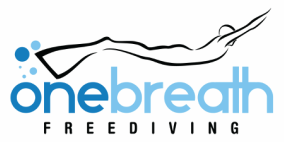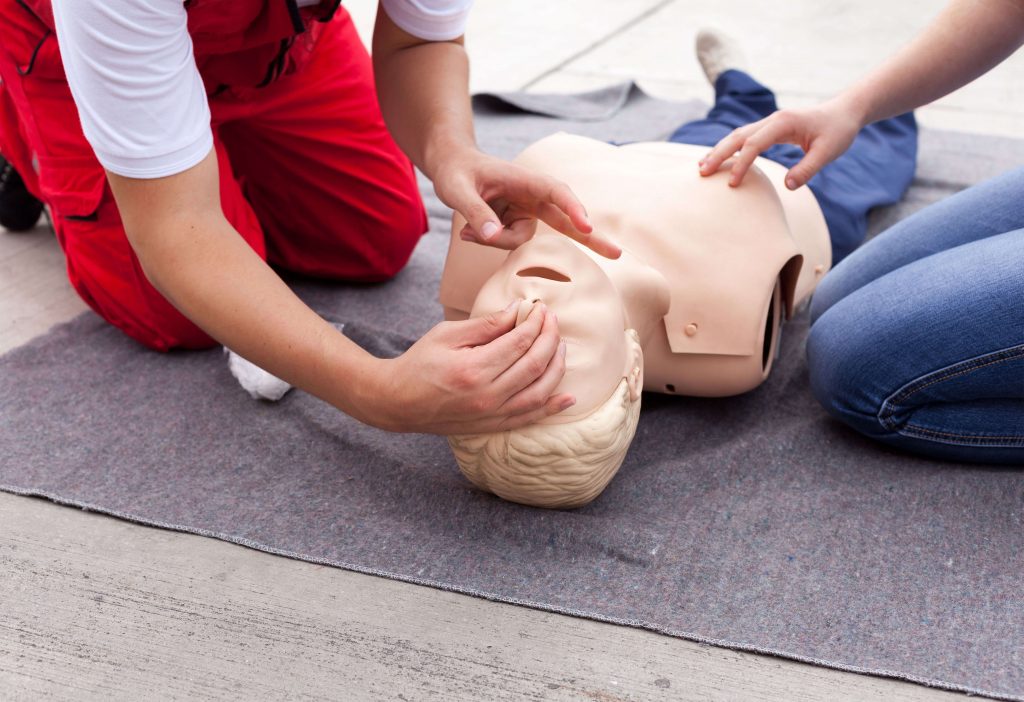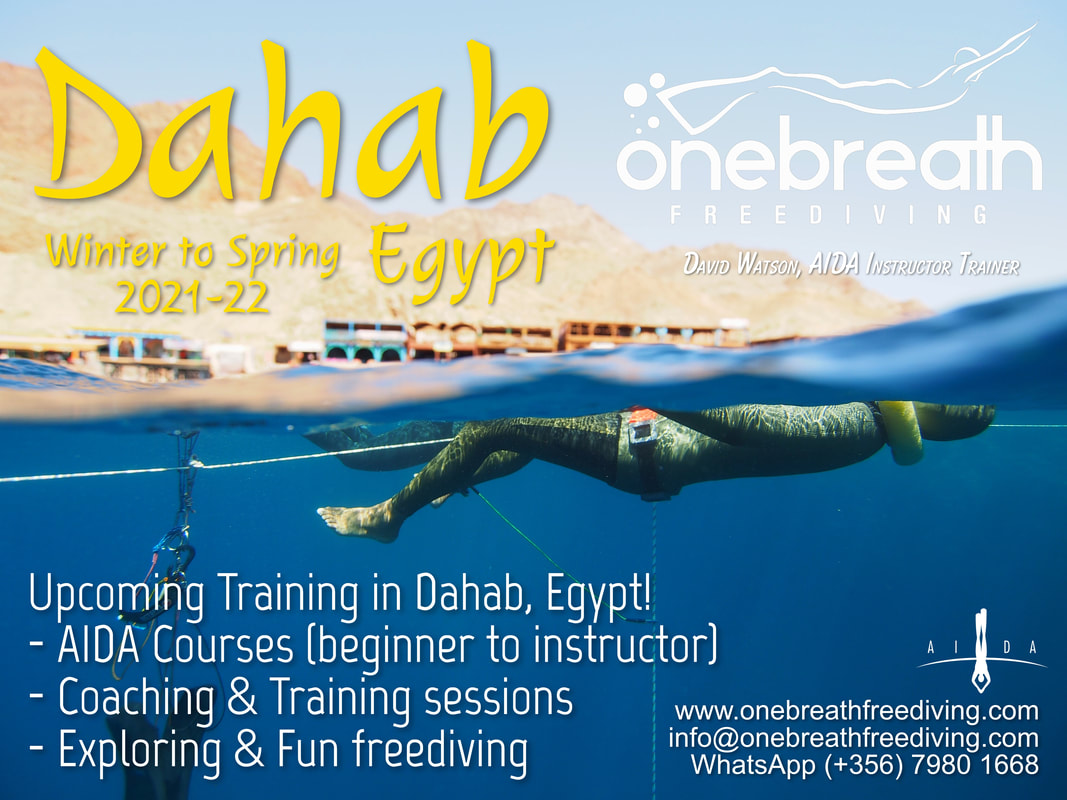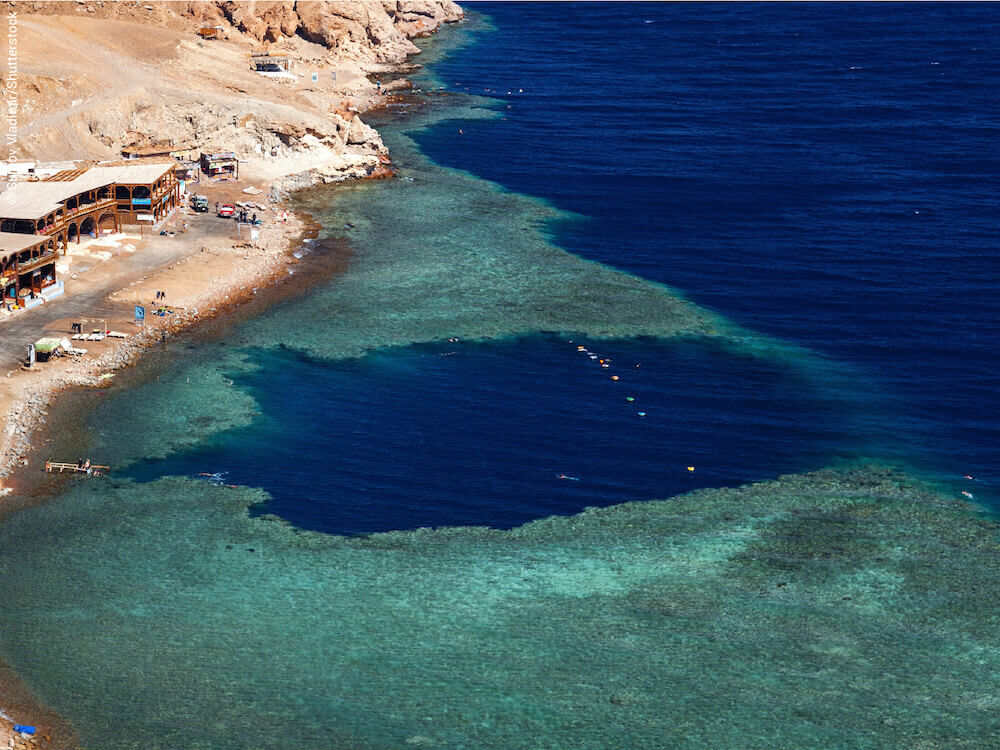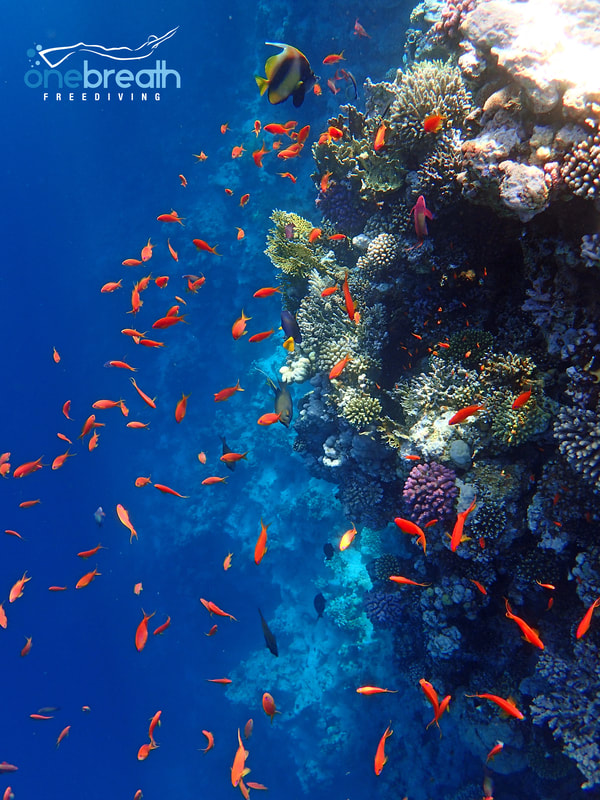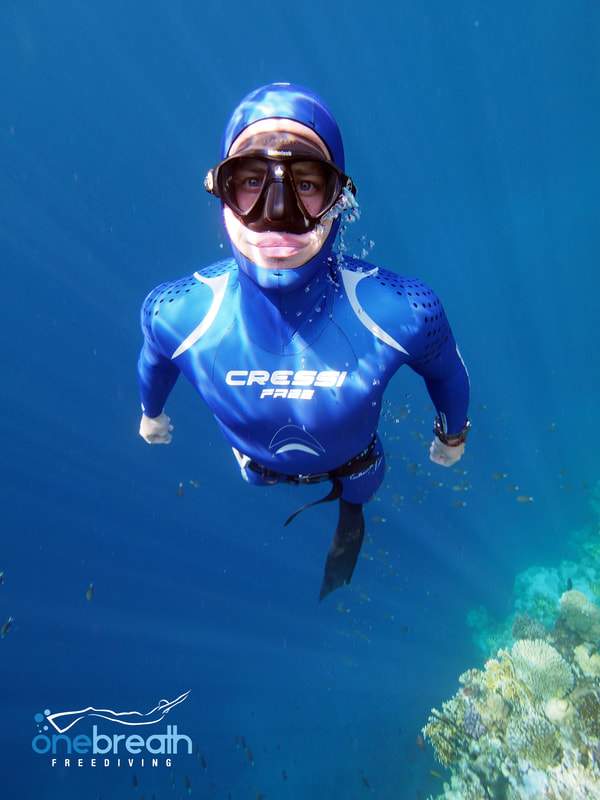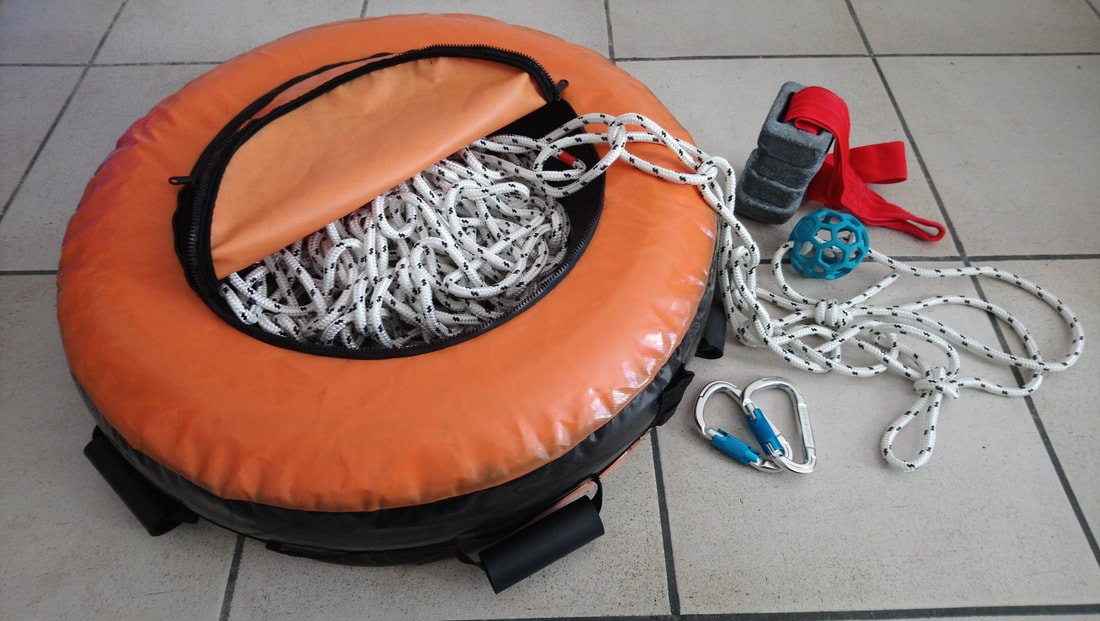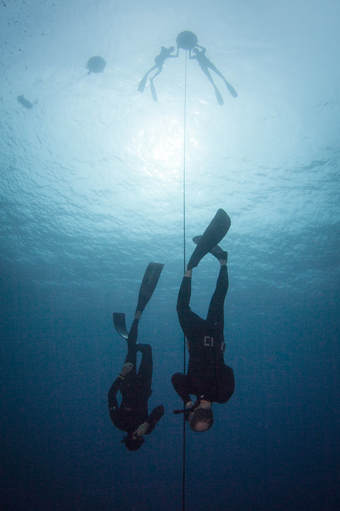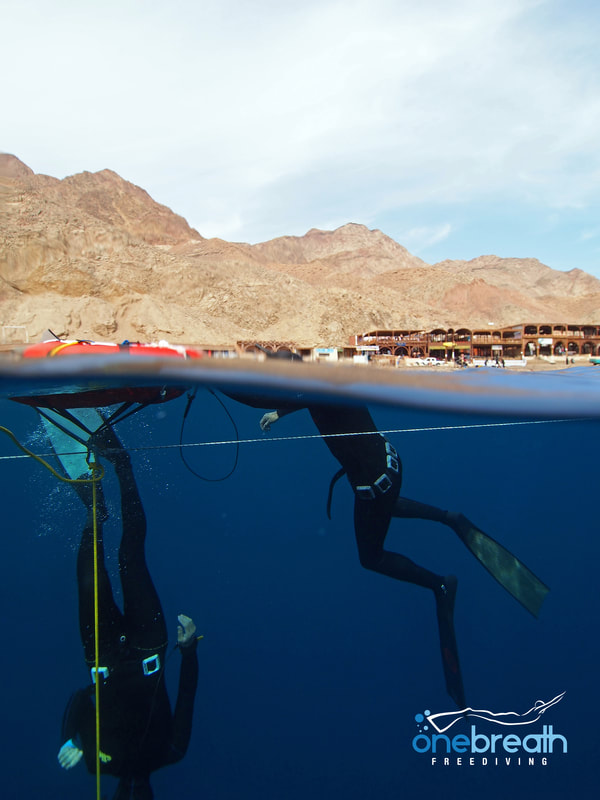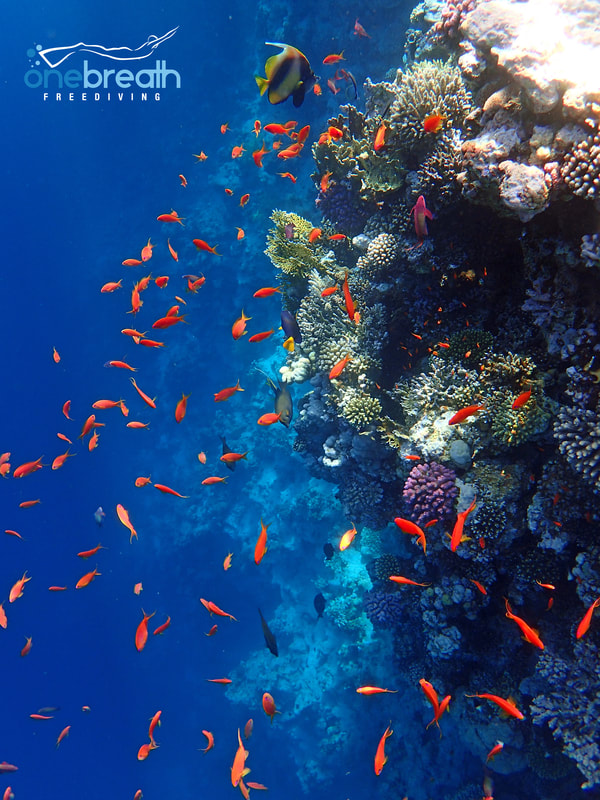So here are my top 5 reasons why as a freediver you should take First Aid & CPR course as early as possible in your freediving journey.
1) Help Others:
It should go without saying that by becoming first aid and cpr certified you have a much greater possibility to help out buddies or other freedivers in the unlucky event of an accident. Being someone with this knowledge could make a big difference for a positive outcome from a bad situation.
2) Help Yourself:
With the right knowledge we can recognise potentially harmful situations for or of ourselves, before they arise or before they create a bigger issue. You could be in a position to recognise a medical complaint or onset of a condition in yourself, and act upon it before it escalates in to a bigger, more serious problem.
3) Awareness:
This is an important quality for freedivers, but too often we get caught up in ourselves and our own minds while diving. To be a competent buddy and to qualify as a higher level freediver an emphasis is placed on buddying, helping and rescuing. So why not start on this path early and already be thinking about others and their wellbeing as a first level freediver?
4) Family & Friends:
Away from the world of breath holding, being someone with life saving knowledge could one day save a member of your family or a close friend. Don't be that person that has to stand by because of a lack of knowledge or training. Be proactive in helping the people you care about and learn life saving skills.
5) Extra Mile:
Having a qualification such as first aid and cpr makes you stand out among your peers, whether in your current workplace or if changing career. Such a commitment displays a desire for knowledge and a desire to help others, which of course are highly admirable traits.
EXTRA:
Next level learning. The AIDA FEMR course goes above and beyond a normal first aid course. It is the first ever freediving centred first aid and cpr course on the market, and includes skills beyond traditional courses, such as; intubation of airways, advanced spinal injuries, AED & O2 as standard, DCS and other diving specific illnesses.
Click HERE for more detailed information about the AIDA FEMR Course taught by OBF
